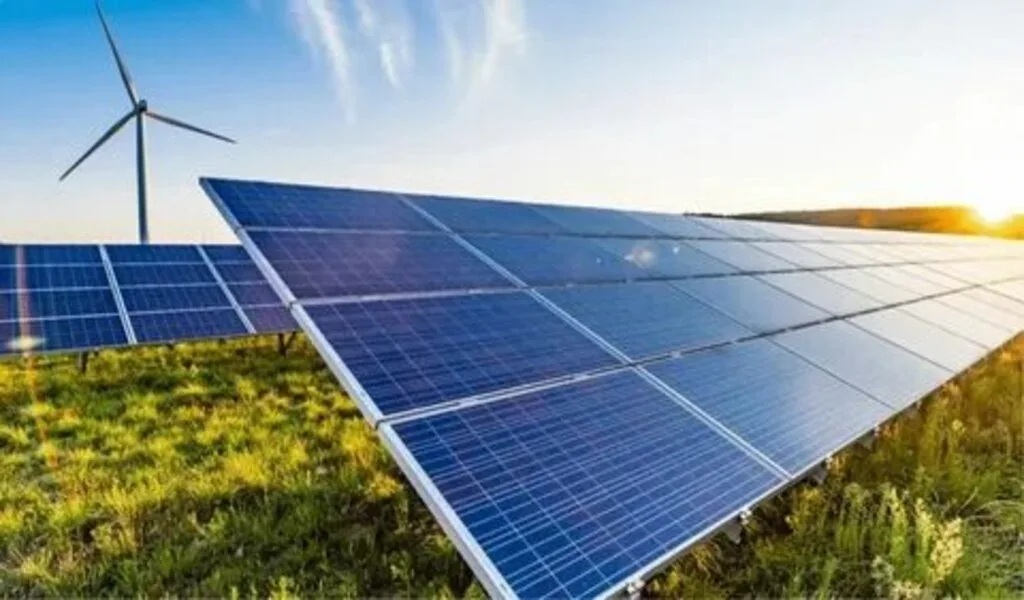Tech
Toward Self-Sufficiency: Building and Practicing Off-Grid Solar Systems

Off-grid solar systems are becoming an increasing focus of attention as environmental awareness and energy sustainability become more and more important. Such systems not only provide a reliable energy supply for remote areas, but also offer the possibility of pursuing a self-sufficient lifestyle. This article will explore the building and practice of off-grid solar systems to help you better understand this exciting energy option.
Energy Demand Assessment
Before embarking on the journey to an off-grid solar system, it is important to first understand your energy needs. Carefully assess your home or building’s daily electricity consumption, identify peak hours and the load of electrical energy you require. This will help calculate the required solar panel capacity and battery storage capacity to ensure that your system will be able to meet your daily needs.
Solar Panel Installation
Choose the right number and type of solar panels and install them in a location where they will receive sufficient sunlight, such as a roof or a specialized rack. Ensure that the panels are mounted at an angle and oriented to maximize the efficiency of solar energy capture to ensure that your system can maximize the conversion of solar energy into electricity.
Battery storage system
Batteries are the heart of an off-grid solar system and are used to store the electricity obtained from the solar panels during the day to supply energy at night or on cloudy days. When selecting a battery, capacity and type need to be considered. Lead-acid and lithium-ion batteries are common choices, each with their advantages, disadvantages and applicable scenarios. Ensure that the battery is capable of storing and releasing energy consistently over a long period of time.
Inverter and power management
The inverter is the key device that converts the DC power generated by the solar panels into AC power for home use. Some systems may also require a power management system to monitor and optimize the flow of energy and ensure efficient operation of the system.
Backup generation
Although solar energy is a renewable source of energy, back-up generation options become especially important in the event of multiple consecutive days of rainy weather or insufficient battery storage. A wind turbine or gen-set can be used as a back-up energy source to ensure that your energy supply is not interrupted.
Energy monitoring
Install an energy monitoring system to track energy generation and consumption. This helps you better manage energy use, optimize system performance, and anticipate possible problems.
Legal and safety requirements
Before you start building an off-grid solar system, make sure you know the local laws, regulations and safety requirements. Some areas may have specific licensing or approval requirements for the construction and use of energy systems.
Maintenance and upkeep
It is vital to check and maintain your solar system regularly. Ensure that the batteries are in good condition, the panels are not damaged, and that any malfunctions are addressed promptly. This will help extend the life of your system and keep it running efficiently.
Economic benefits
When considering an off-grid solar system, it is important to consider not only the initial investment, but also evaluate the long-term economic benefits. Savings in energy costs, life expectancy of the system and possible energy market fluctuations are all factors to consider.
Training and learning
If you are inexperienced, you can take a training course on solar energy system installation and maintenance, or hire a professional to assist you in the setup. Make sure you have enough knowledge and skills to ensure the safe and efficient operation of the system.
When pursuing your dream of an off-grid solar system, always remember that it is a project that requires patience, planning and dedication. With careful planning, sound design and effective practices, you can move towards a self-sufficient future with a sustainable and environmentally friendly energy supply in your own home.
SEE ALSO: Fine-Tuning Power: OpenAI Unveils Customizable GPT-3.5 Turbo And Teases GPT-4’s Arrival




























